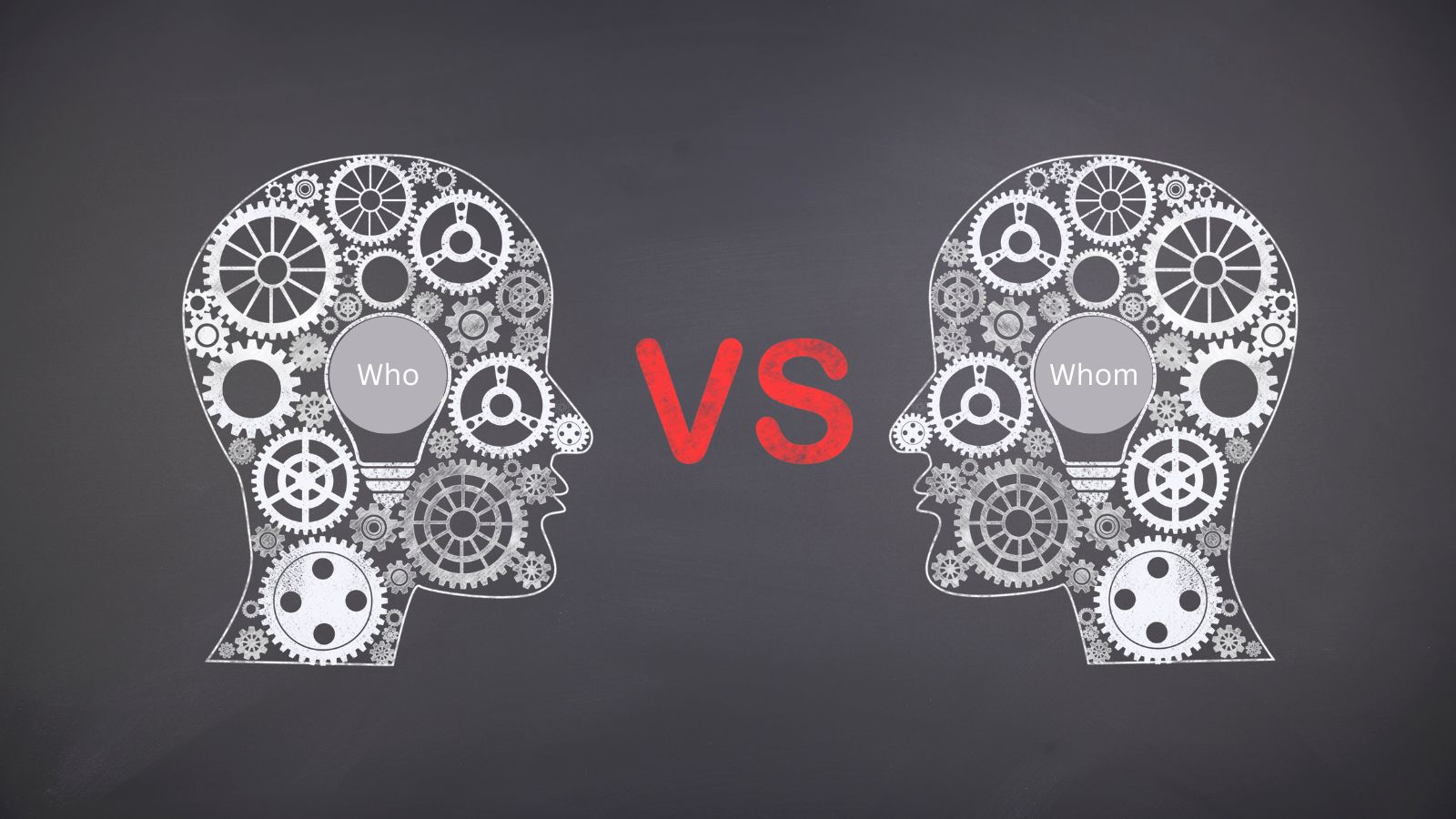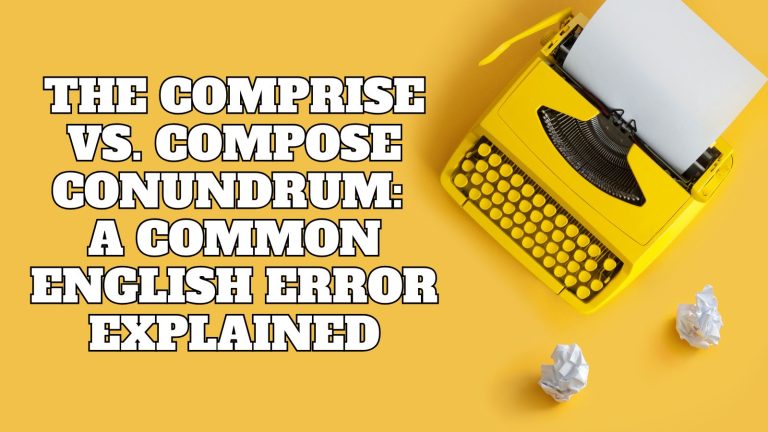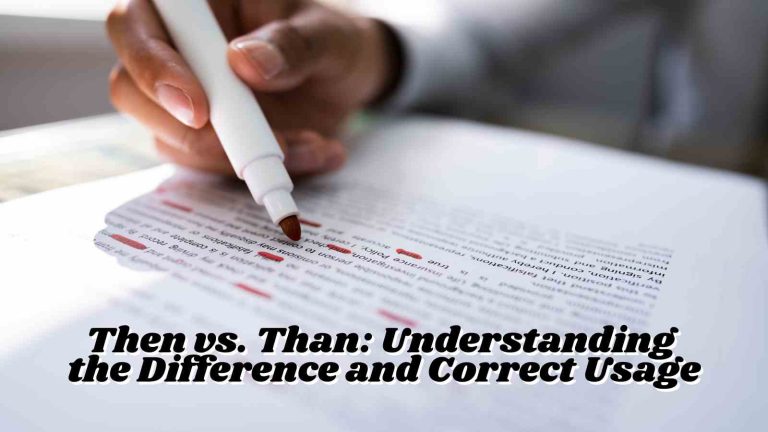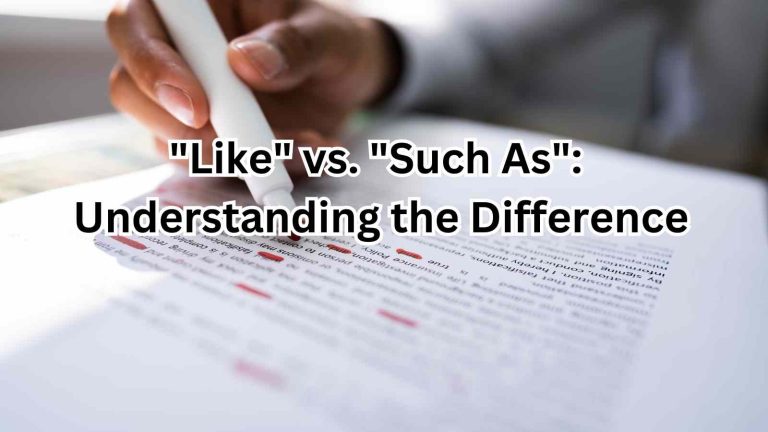
Who vs. Whom: What’s the Difference and When Should You Use Each?
Many people find who and whom confusing. Knowing when to use each one, however, can help you write more clearly while avoiding a common grammatical mistake. In this post, I’ll explain the fundamental difference between who and whom, when to use each one, and tricks to help you decide.
The Fundamental Difference
The basic distinction is this:
- Who = subject (performs the action)
- Whom = object (receives the action)
Some examples:
- Who wrote this blog post? (who is the subject performing the action of writing)
- To whom am I explaining this grammar rule? (whom is the object receiving the explanation)
A good tip is to substitute “he” and “him” in a sentence. If “he” works, use who. If “him” works, use whom. For instance:
- He wrote this blog post. (Therefore, who is correct)
- I am explaining this to him. (Therefore, whom is correct)
When to Use Who
Use who when referring to the subject of a sentence or clause. If they are performing the action in the sentence, use who.
Examples:
- Who decided we should meet at 6 p.m.?
- He is the friend who helped me move last month.
- I need someone who can help me with this computer problem.
When to Use Whom
Use whom when referring to the object of a verb or preposition. If they are receiving the action, use whom.
Examples:
- Whom should I contact about this billing error?
- This is the candidate for whom I plan to vote.
- To whom it may concern.
The Etymology of Who vs. Whom
In addition to understanding when to properly use who and whom, it can be helpful to know where these words originally came from.
Who
The word who traces its origins back to Old English. It developed from the Old English word hwā. In its oldest uses, hwā was an interrogative pronoun simply meaning “what person.” Over centuries of linguistic evolution, this eventually became the Modern English who that we still use today.
Whom
Meanwhile, whom descends from a different Old English relative pronoun – the dative form hwām. The initial “h” fell away, developing into the contemporary form “whom.” Unlike the subject pronoun who, hwām and whom functioned as indirect grammatical objects. Centuries later, whom is still reserved specifically as the objective form in modern usage.
So in summary:
- Who descended from the Old English hwā = “what person”
- Whom descended from Old English hwām and always denoted the object form
This etymological distinction parallels the fundamental subject vs. object differentiation that still separates who and whom in contemporary English grammar. Knowing the origins illuminates why these two words function differently today.
Understanding the history often makes it easier to recall and apply modern grammatical rules as well. So next time you’re puzzled over which word to use, remember hwā vs. hwām!
- The Writer’s Roadmap: Embracing Outlining (Free Worksheet Included!) - April 15, 2025
- A Complete Guide to the Hero’s Journey in Storytelling (Free Worksheet) - April 10, 2025
- On Literary Criticism by Ambrose Bierce - April 9, 2025






